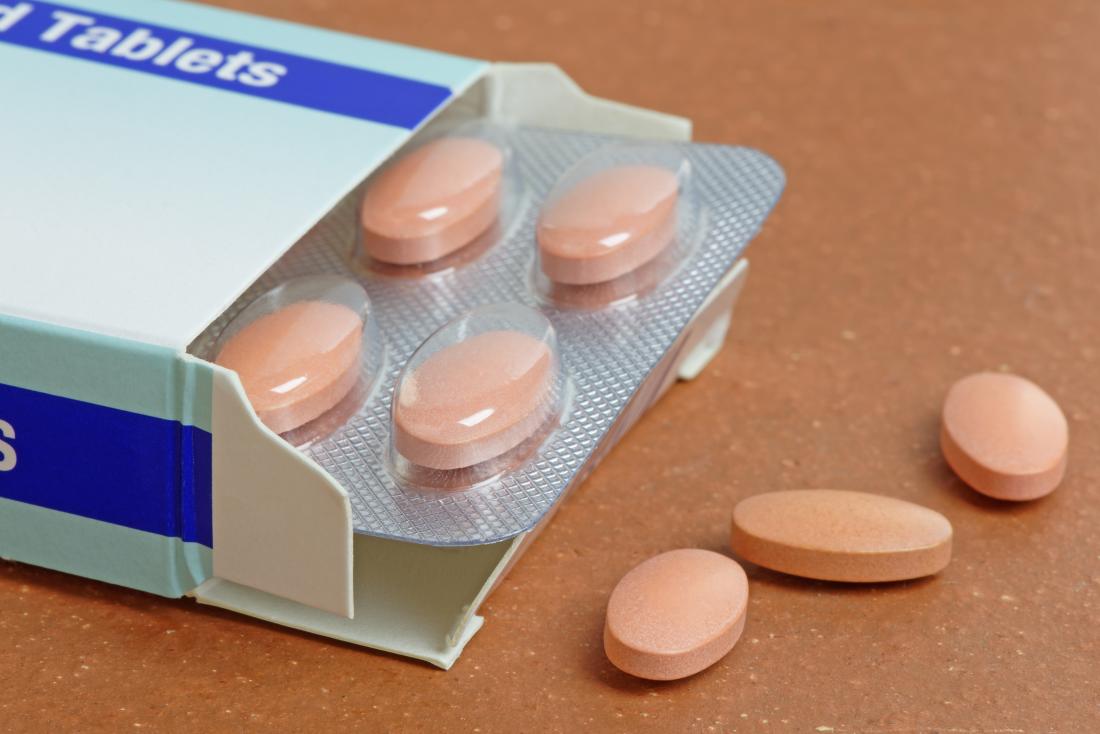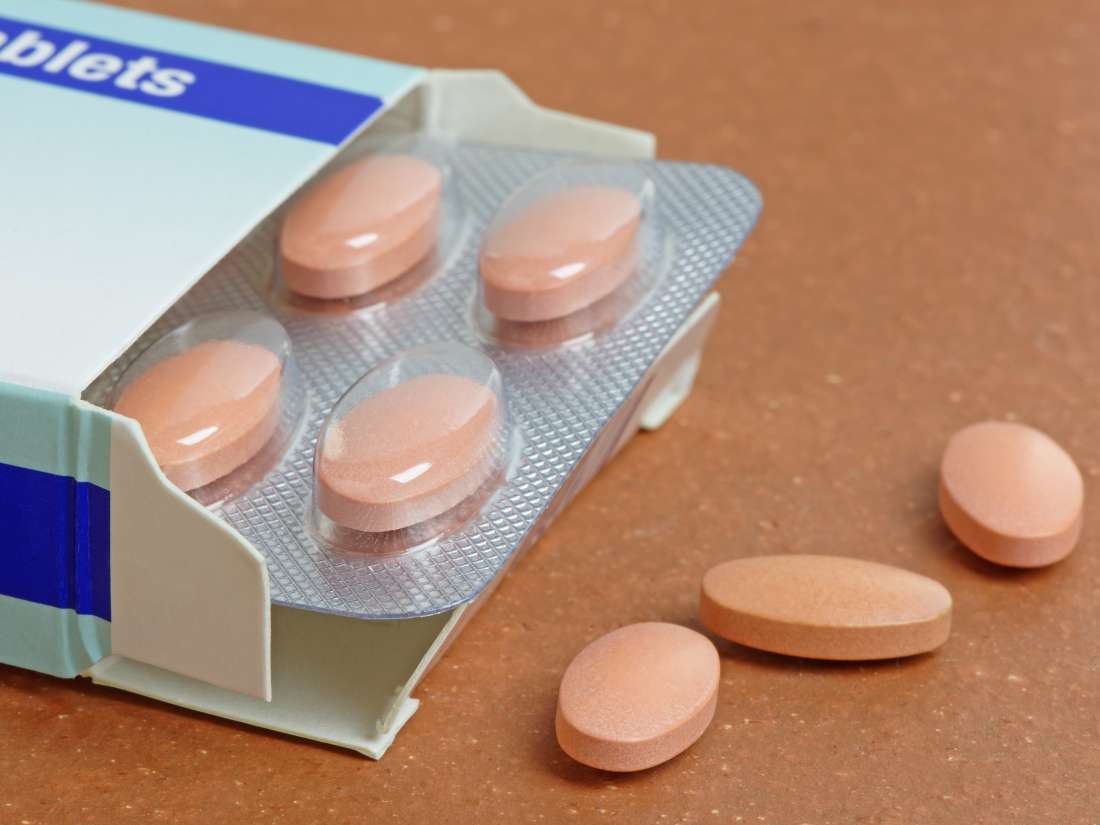Statins are some of the only cholesterol lowering drugs that demonstrably reduce the risk of heart attack and stroke.
This article explores why a person may want to come off statins and the risks of stopping this type of medication. We also provide a list of alternative treatment options.
How statins work

Statins work by reducing the liver’s production of cholesterol.
Statins reduce levels of LDL cholesterol in the blood.
LDL cholesterol is a waxy, fatty substance that builds up in the walls of arteries.
LDL deposits restrict blood flow through the arteries and cause inflammation, which increases the risk of heart attack and stroke.
Statins work in two ways. First, they reduce the liver’s production of cholesterol.
Second, they help the liver reabsorb and break down cholesterol that is already in the walls of the arteries. Statins also have anti-inflammatory effects.
Why people come off statins
A person may want to come off statins for various reasons. Some common examples include:
Side effects
According to the American College of Cardiology, around 85–90% of people who take statins do not experience any side effects.
As with all drugs, however, a small minority of people experience mild to severe side effects when taking statins.
The adverse effects that they most commonly experience are muscle problems and a slightly increased risk of type 2 diabetes, which we cover in more detail below.
Muscle problems

A person taking statins may experience muscle pains, tenderness, or weakness.
Some people who take statins report having muscle pains, tenderness, or weakness. Statins may, in rare cases, damage the muscles.
If a person taking statins is having muscle aches, pains, or weakness, and they cannot link these symptoms to an obvious cause, such as exercise or physical labor, they should speak to a doctor.
A doctor can test the creatine kinase (CK) levels in their blood. The body releases CK when the muscles are damaged or inflamed. If a person has a high CK level, a doctor may advise stopping statin treatment.
Type 2 diabetes
Hyperglycemia, or increased blood sugar, is a potential side effect of statins. A person may hesitate about taking statins if they have concerns about their risk of developing type 2 diabetes.
A review from 2019 reported a slightly increased risk of newly diagnosed type 2 diabetes among people taking this type of medication.
The risk is highest among people with prediabetes. Taking statins increases type 2 diabetes risk by 0.2% for each year that a person takes the medication.
In a person with normal baseline blood glucose levels, statins are highly unlikely to cause diabetes. The benefits of taking statins to prevent a cardiac event usually outweigh the risk of developing diabetes.
Reduced need
Some lifestyle changes can help people manage their cholesterol levels. Examples include exercising regularly, maintaining a healthy weight, and eating a balanced diet.
However, people who adopt these lifestyle changes should not assume that they can stop taking statins. To determine whether this is the case, a doctor can use blood tests to check that cholesterol levels are within a healthy range.
Pregnancy
Women who are pregnant or planning for pregnancy should talk to their doctors about coming off statins.
In 2019, the American Heart Association (AHA) published a review that included an investigation of the safety of statins during pregnancy.
None of the featured studies had identified a link between statin use and fetal developmental abnormalities.
However, the studies had examined very few cases of statin use during pregnancy, so the authors of the review were unable to rule out the risk.
Therefore, the AHA caution against the use of statins during pregnancy and breastfeeding.
Other side effects
Some people have concerns about statins increasing their risk of cancer or dementia or other neurocognitive problems.
There is no research to suggest that statins increase these risks.
While some people may develop dementia or cancer while taking statins, it is often because their risk of these conditions has increased with age.
Risks of coming off statins
People who are considering coming off statins should discuss this with their doctors.
Stopping statin treatment can be dangerous for certain people, especially those who have a history of stroke, heart attack, or stenting.
A 2017 study investigated whether quitting or reducing statin use increased the risk of a second ischemic stroke (IS) in people who had previously been in the hospital for the condition.
An IS occurs when a buildup of cholesterol in the arteries restricts blood flow to the brain.
The study included a total of 45,151 participants. It found that people who quit taking statins 3–6 months after having an IS were 42% more likely to experience a second stroke within 6–18 months.
There was no increased risk for people who continued to take statins at a reduced dose.
In a statement to the AHA, the study’s lead researcher, Dr. Meng Lee, concluded that doctors should discourage people who have experienced a stroke from coming off statins. Dr. Lee added that reducing the dosage may be an option.
How to come off statins safely

A doctor may suggest replacing statins with another cholesterol lowering drug.
Anyone considering coming off statins should first discuss it with their doctor. The doctor may deem it too dangerous and may lower the dosage to a more tolerable level.
Taking a lower dosage of statins may mean incorporating another cholesterol lowering drug into the treatment plan.
In rare cases, a doctor may suggest stopping statin treatment altogether and replacing it with a different cholesterol lowering drug.
A doctor may prescribe any of the following drugs as an alternative to statins:
PCSK9 inhibitors
PCSK9 is a protein that reduces the liver’s ability to absorb LDL cholesterol from the blood.
PCSK9 inhibitors bind to and inactivate the protein. This allows the liver to absorb more LDL cholesterol and reduce levels of this type of cholesterol in the blood.
Drugs in this class include alirocumab (Praluent) and evolocumab (Repatha).
Selective cholesterol absorption inhibitors
Selective cholesterol absorption inhibitors (SCAIs) prevent the absorption of cholesterol in the small intestine.
These drugs mainly reduce levels of LDL cholesterol. They may also slightly increase the levels of high-density lipoprotein, or “good,” cholesterol.
One example of an SCAI is ezetimibe (Zetia).
Other treatment options
Other treatment options include other lipid lowering therapies, which reduce levels of triglyceride fats in the blood.
Studies suggest that high levels of triglycerides may increase the risk of stroke, although confirming this will require further research.
Examples of lipid lowering drugs and supplements include:
Summary
Statins reduce LDL cholesterol, lowering the risk of heart attack and stroke.
There are many reasons that a person may want to come off statins. Some people experience or are concerned about side effects. Others may feel that they no longer need to take this type of drug.
Anyone who wants to stop taking a statin should talk to a doctor. In some cases, coming off these drugs can be dangerous.
The doctor may suggest reducing the dosage, combining the statin with another cholesterol lowering drug, or switching to another drug entirely.
